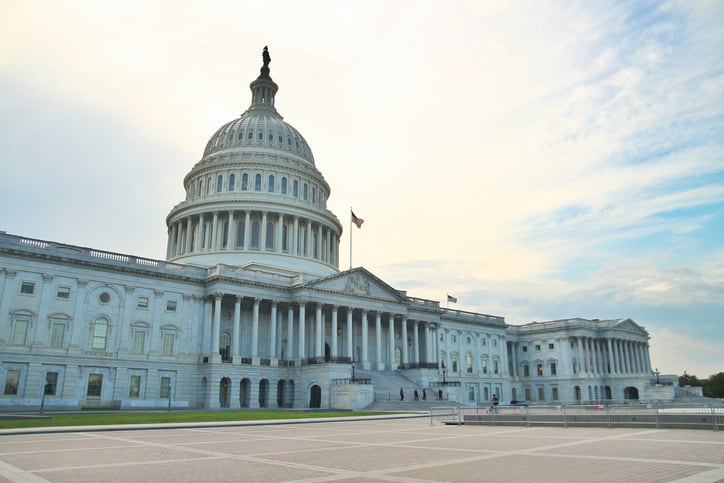Late last week, Judge Edward R. Korman of the US District Court for the Eastern District of New York entered an order of permanent injunction at the behest of the US Food and Drug Administration against the Long Island, NY-based company, its president Helen Chian and general manager and founder Jim Chao. The permanent injunction requires the defendants to cease manufacturing, holding, or distributing dietary supplements until they comply with FDA stipulations. While it’s possible to return to operations after such an injunction, few companies have done so.
Company ordered to close
The company markets as many as 50 different dietary supplement products under the Confidence USA brand and others such American Best, USA Natural, and The Herbal Store. The company was selling its products on Amazon’s and Walmart’s websites as well as direct to consumers from its own website. Despite the injunction, some of the company’s supplements are still being sold through today on Amazon.
“Consumers deserve access to dietary supplements that are manufactured to assure their quality. If a dietary supplement company repeatedly fails to comply with good manufacturing practice requirements, the public cannot trust that their products are what they say they are,” said Judy McMeekin, Pharm.D., FDA’s Associate Commissioner for Regulatory Affairs. “The FDA will continue to protect American consumers by taking appropriate actions necessary when companies violate the law.”
Company’s (non) compliance history surprises even jaded observers
Over the years the company has been cited on numerous occasions for GMP failures. That included failures to conduct and/or document identity tests on ingredients as well as failure to verify that its products met specifications for purity, strength, composition, and contamination limits.
Marc Ullman, an attorney at counsel with the firm Rivkin Radler LLC, has long been critical of what he characterizes as FDA’s overly deliberate pace of enforcement. The Confidence USA case is an outlier even within that context, he said. Companies that progress to the injunction stage have to push the Agency hard to get there, he said.
“This company got its first warning letter in 2011. There were multiple inspections in 2012 and a product seizure that year, too. It looks as if FDA did not manage to get back into their facility until 2015, and then there were more product seizures in 2018. It’s inexplicable,” Ullman told NutraIngredients-USA.
“It’s another one of these cases where you look at the compliance history and you wonder what is going on here,” he said.
Pavlick: No evidence of remediation in between citations
Larisa Pavlick, vice president of global regulatory and compliance for the United Natural Products Alliance, has had a lot of experience with FDA inspections and enforcement actions working for the Agency for a number of years out of the Denver office. Pavlick said Confidence USA’s history with the agency was an eye-opener for her, too.
“Of the 12 inspection reports on file for this company, all were classified as Official Action Indicated (OAI), which is the highest violation category,” Pavlick said.
While that’s a poor compliance history in and of itself, Pavlick said what’s unusual in this case is that there is little record that the company did much to fix the problems the inspectors found in the times in between inspections.
“Normally when you see a violative inspection you would see it followed up by a more compliant inspection like Voluntary Action Indicated (VAI) or No Action Indicated (OAI). You don't usually see twelve OAI inspections in a row!” Pavlick said.
Is deliberate non compliance a viable business strategy?
Ullman said it leads to the sneaking suspicion that it’s possible to enter the supplement industry and have a period of success without ever intending to comply with the regulations. A company might conclude stringing FDA along with half hearted compliance attempts is cheaper than spending the money to hire fully qualified personnel and put compliant procedures in place, though taking that strategy all the way through to receiving an injunction would seem to be a miscalculation.
“It reminds me of the ABH injunction. There seems to be an atmosphere in which FDA will tolerate this kind of business activity. It almost seems as if you have to kill someone to get prosecuted,” he said.




